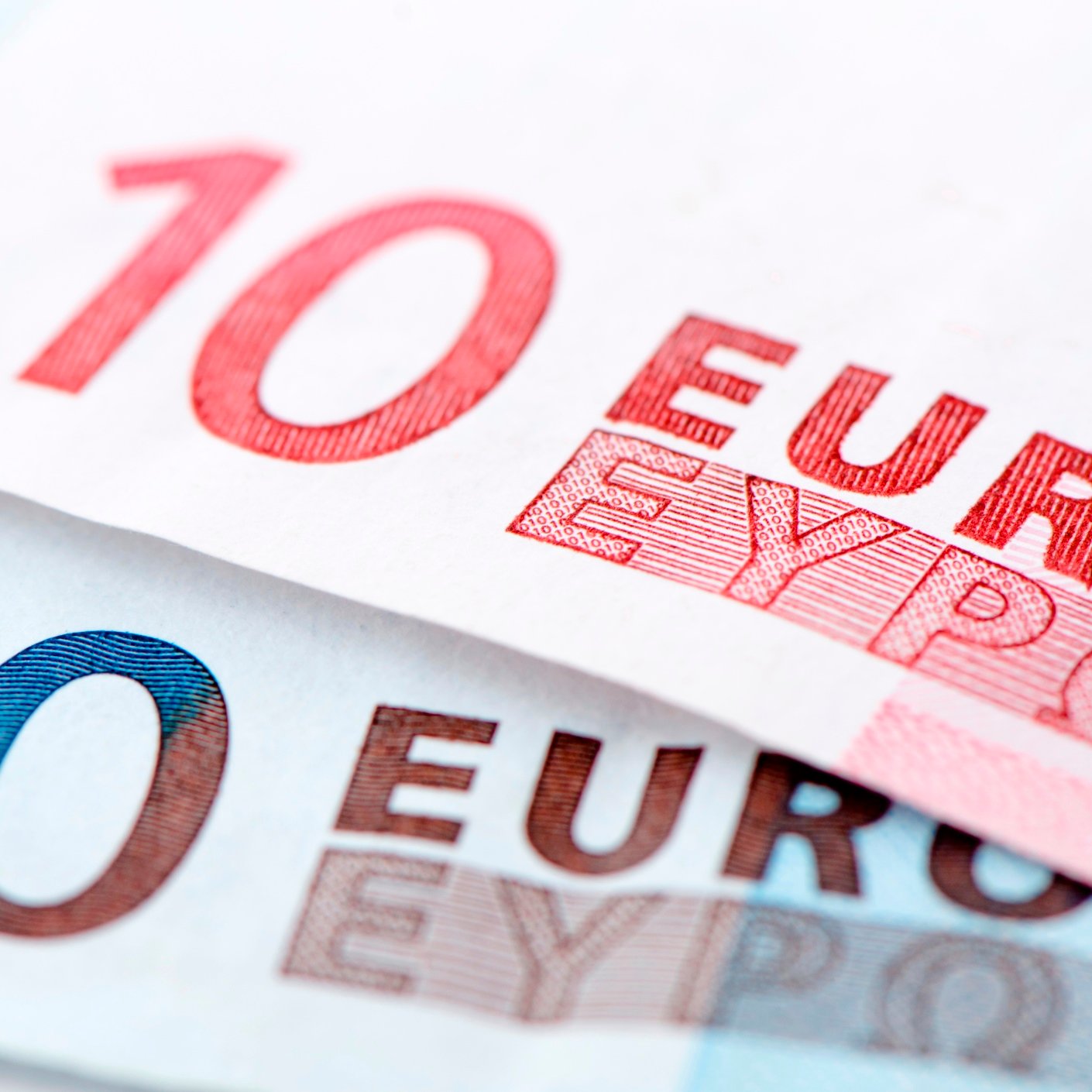Economy
How Much Does Germany, Second Largest Financial Supporter of NATO, Owe?

Published:
Last Updated:

Germany is supposed to be the second largest contributor of funds to NATO, after the United States. However, the rule books about how NATO is governed and funded are immensely complex. Nations that are part of the alliance must have defense budgets that are 2% of their gross domestic product (GDP). There are formulas about direct and indirect financial contributions. But it is hard to pin down a single dollar figure by country. The Trump administration says Germany does not pay its fair share, but how much is that?
The North Atlantic Treaty Organization has created a section titled “Funding NATO.” These are the basic rules:
Indirect – or national – contributions are the largest and come, for instance, when a member volunteers equipment or troops to a military operation and bears the costs of the decision to do so.
Direct contributions are made to finance requirements of the Alliance that serve the interests of all 28 members – and are not the responsibility of any single member – such as NATO-wide air defence or command and control systems. Costs are borne collectively, often using the principle of common funding.
Within the principle of common funding, all 28 members contribute according to an agreed cost-share formula, based on Gross National Income, which represents a small percentage of each member’s defence budget.
Common funding arrangements are used to finance NATO’s principal budgets: the civil budget (NATO HQ running costs), the military budget (costs of the integrated Command Structure) and the NATO Security Investment Programme (military capabilities).
Projects can also be jointly funded, which means that the participating countries can identify the requirements, the priorities and the funding arrangements, but NATO provides political and financial oversight. The funding process is overseen by the North Atlantic Council, managed by the Resource Policy and Planning Board, and implemented by the Budget Committee and the Investment Committee.
In 2014, at the Wales Summit, NATO leaders tasked further work in the areas of delivery of common funded capabilities, reform governance and transparency and accountability, especially in the management of NATO’s financial resources.
Under the NATO Common-Funded Budgets and Programmes, there is a Cost Share Arrangement that covers the period from January 1, 2016, to December 31, 2017. The United States is responsible for 22.1% of this. Germany is responsible for 14.7%, followed by France at 10.6% and the United Kingdom at 9.8%. Over the period, the “civil” budget is €234 million for 2017. The “defense” portion of the budget is €1.4 billion for the same period. The “defense” or military portion of the budget is made up of 35 separate budgets.
Three organizations govern the NATO budget: the Resource Policy and Planning Board, Budget Committee and Investment Committee. That adds further complexity.
Defense Secretary Jim Mattis recently said only five of the members of NATO pay their fair share. He did not provide hard numbers, but said his evaluation was based on whether members paid 2% of their GDP on defense.
By NATO’s own admission, some countries do not pay their share of the defense part of the organization. The analysis does not cover whether these countries pay their share of other portions of the budget. Apparently, there is no single formula or document that takes the entire budget of NATO into account in terms of its total contributions.
How much does Germany owe to NATO? At this point, that number does not appear to be one that can be nailed down entirely.
A financial advisor can help you understand the advantages and disadvantages of investment properties. Finding a qualified financial advisor doesn’t have to be hard. SmartAsset’s free tool matches you with up to three financial advisors who serve your area, and you can interview your advisor matches at no cost to decide which one is right for you. If you’re ready to find an advisor who can help you achieve your financial goals, get started now.
Investing in real estate can diversify your portfolio. But expanding your horizons may add additional costs. If you’re an investor looking to minimize expenses, consider checking out online brokerages. They often offer low investment fees, helping you maximize your profit.
Thank you for reading! Have some feedback for us?
Contact the 24/7 Wall St. editorial team.